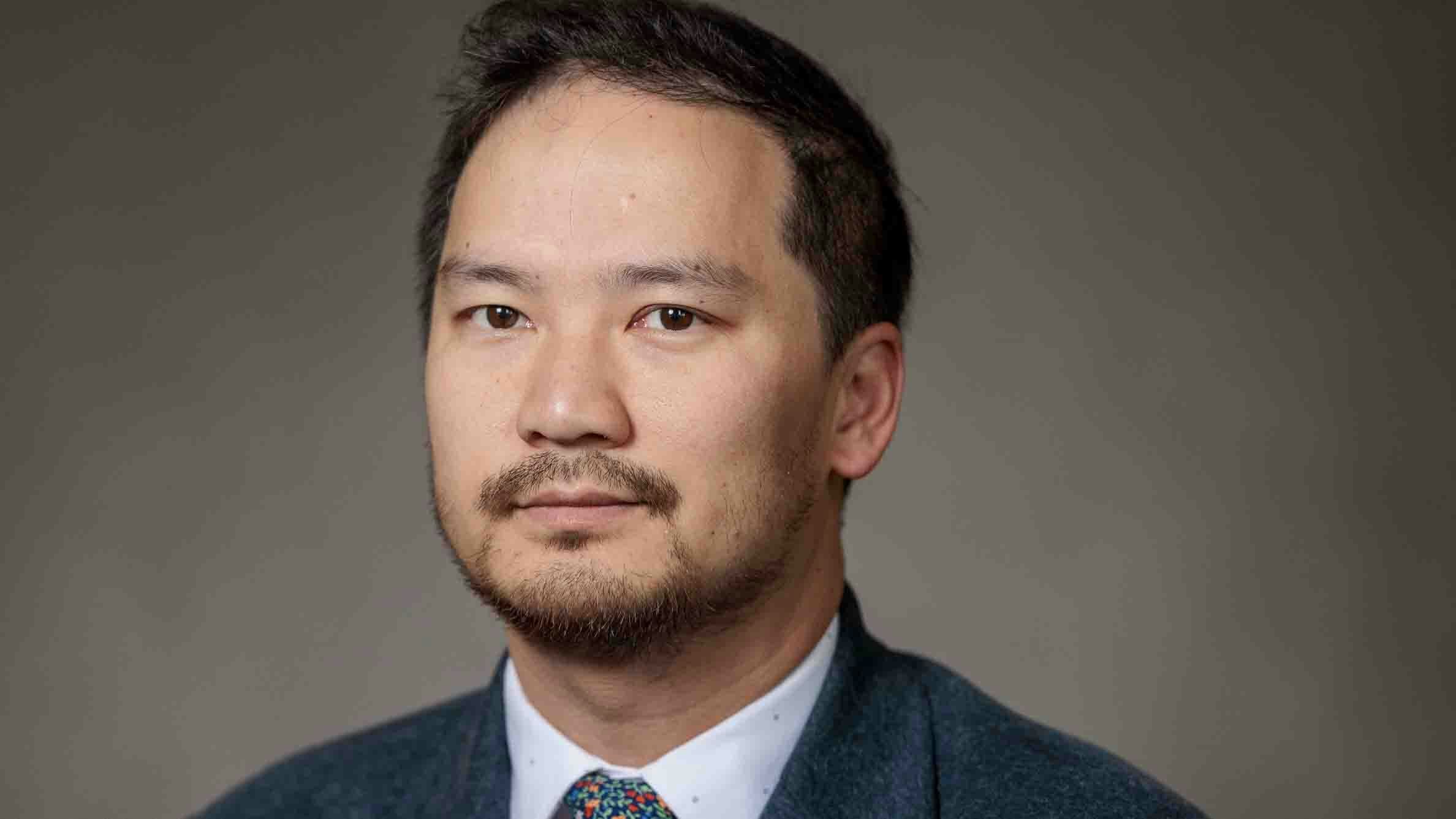It has been thirteen years since the Supreme Court last looked at the Second Amendment.
In that case, District of Columbia v. Heller, it finally admitted that “the right to keep and bear arms” is an “individual” right to home defense, and not merely a right for states to maintain “a well-regulated militia.”
In April of this year, the Court agreed to hear New York Rifle and Pistol Organization v. Corlett. This will address whether that right of individuals to “bear arms” gives constitutional protection for those who want to carry a firearm across town, or if one is only allowed to carry it from the bedroom to the kitchen.
Meanwhile, there has been a spate of activity in California’s Ninth Circuit. Three separate cases from the lower courts have nullified different aspects of California’s virtual ban on the popular AR-15 (Armalite Rifle). Duncan v. Becerra overturned California’s ban on the standard 30-round magazine. Rupp v. Becerra and, more recently, Miller v. Bonta challenge California’s AR-15 ban as violating SCOTUS’ “common use” standard.
If all this seems barely relevant except to preppers, this column is for you.
My purpose today is not to get into the weeds of all these cases and reconcile the Court’s strange and contradictory pronouncements. Rather, I will simply outline a few basic concepts to help the non-gun-enthusiast appreciate what is at stake.
We begin by observing that the most ardent defenders of the Constitution were opposed to the original Bill of Rights. They did not oppose the rights delineated in the first ten amendments. Rather, they opposed the very idea of delineating rights. The problem, as they saw it, is the difference between “natural law” and “positive law.”
The U.S. Constitution is an outgrowth of the “natural law” that produced the Declaration of Independence. The law that “all men are created equal” existed before governments and legislators said so. “Positive law,” on the other hand, creates law as a “social contract.” According to it, humans have no rights whatsoever until those in power say that they do. “Positive law” theory attacks the very foundations of our constitutional republic.
By making a list of specific rights, the Bill of Rights presented two dangers. First, just rights unintentionally omitted from the list might not be protected. Second, the Bill of Rights itself might inadvertently teach that rights come from the federal government, and are not transcendent and above all human institutions.
Especially when it comes to the Second Amendment, those original critics of the Bill of Rights have been vindicated. Gun rights—even more than the rights of free speech, free assembly, free press, and the free exercise of religion—are too often treated as special privileges that can be alternately doled out or rescinded at the whim of lawmakers. To the contrary, the Constitution’s framers considered “the right to keep and bear arms” as a natural right inherent in the very fact of your humanity. It does not arise from government, but from God.
Obviously, this view of the Second Amendment does not depend on current technology. Whether a person has the right to carry a rock, a knife or a pistol is not for the government to decide. What is inherent in the very reality of humanity created in the image of God is the responsibility to love one’s neighbor with heart, soul, strength and mind.
When loving one’s neighbor requires defending him or her from bodily harm, human beings have the corresponding right not only to make use of physical strength, but also to use the mind. We think up tools that can assist us to defend our families and our neighbors from harm. This creativity comes from God and is a gift that the animals do not possess. No government has the right to infringe on it.
This right exists independently of the Second Amendment because your responsibility to protect your neighbor is not an assignment from the government, but an assignment from God. As technology advances and your neighbor is threatened by more sophisticated tools, your right to match this sophistication by possessing tools for defense is inherent.
Contrary to SCOTUS’ “common use” doctrine, there is nothing in the Constitution, or in natural law, that requires a tool to be commonly available before you have a right to keep and carry it. Whether a tool be so obsolete that it is no longer in common use, or so cutting-edge that few yet own it, governments have no right to disadvantage some while arming others. Rather, they should limit themselves to prohibiting only those tools that have no use in defending individual persons—or which are impossible to use without harming innocent bystanders.
As we stock up on fireworks to celebrate the firearms that won our independence, now would be a good time to think about the modern tools that we need to have on hand to protect the life and liberty of our neighbors in the 21st century.





